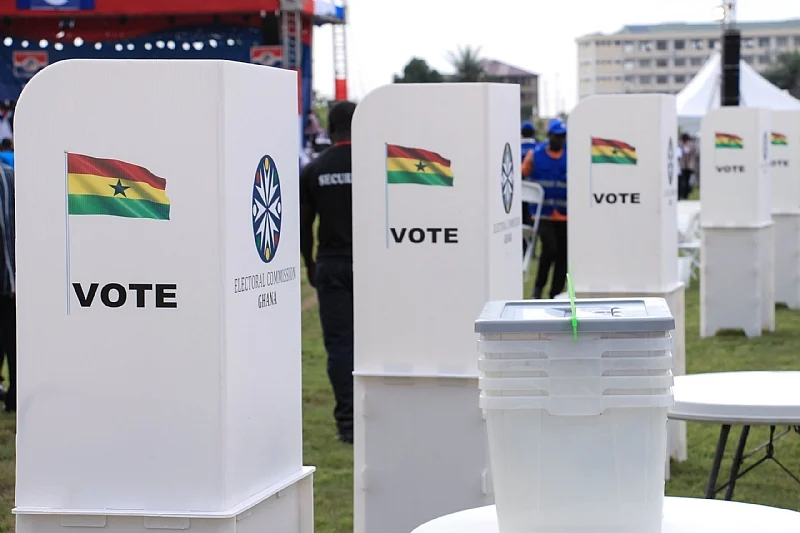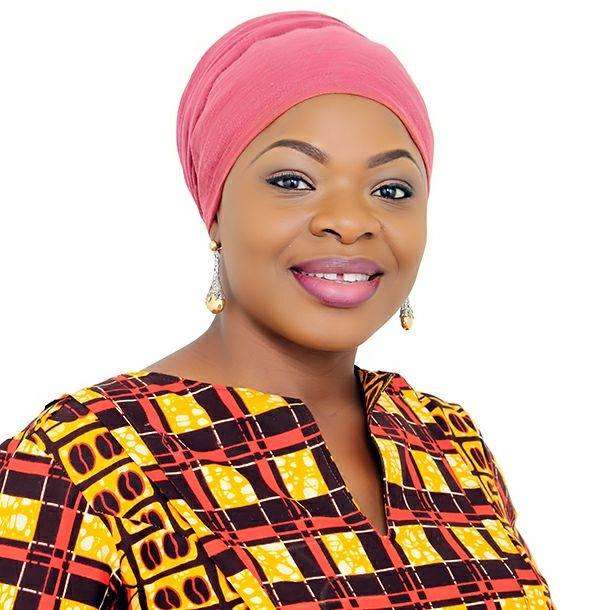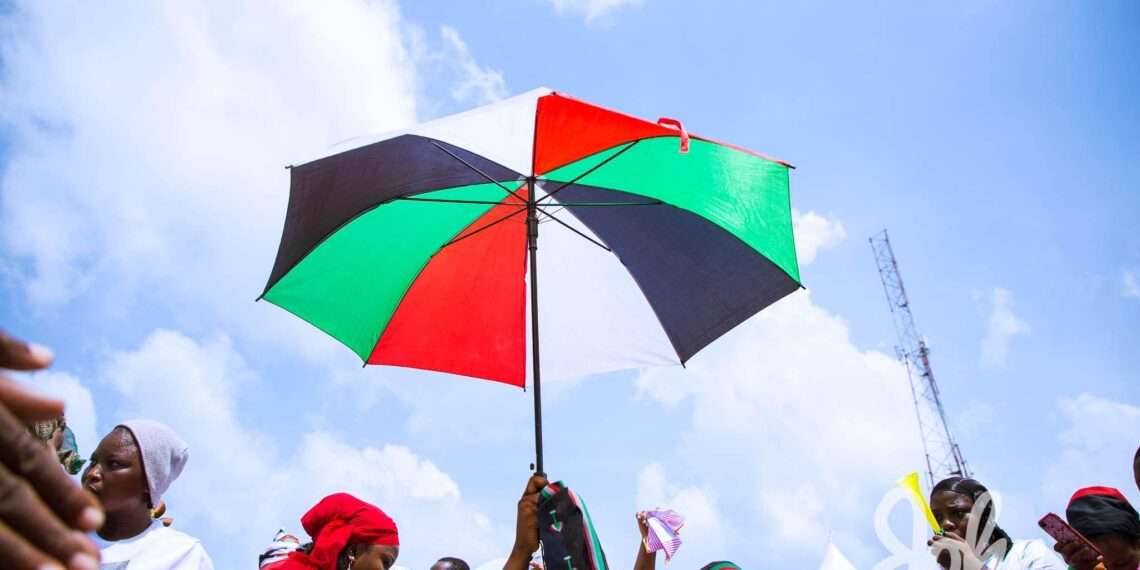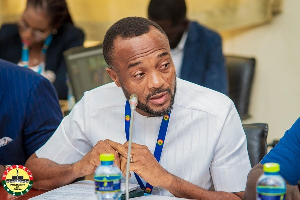Shamima Muslim, a member of the NDC Campaign Communication Team, stressed that the current economic situation carries more influence than emotional or traditional loyalties, even with historic milestones at stake in the upcoming Ghana elections.
She highlighted that, in many cases, practical concerns like economic stability can outweigh sentimental attachments or long-standing loyalties.
Referring to the recent U.S. example, Muslim noted the challenge in determining whether economic factors or sentiment had a greater impact on the election outcome.
This underscores the frequent clash between science and sentiment in political choices.
“America is still a deeply conservative society. The liberal views and values regarding some important subject matters aren’t unanimous.
“Kamala didn’t make it- the odds weren’t in her favor truly! but I wished she would have(sentiment) perhaps more for the historic significant value for women leadership”.
Shamima Muslim
Shamima further explained that many Americans, feeling the strain of economic challenges in their daily lives, answered “no” to the question, “Are you better off today than you were four years ago?”
The results of the election so far reflect this sentiment, showing that economic realities often outweigh other considerations in the voting booth.

Drawing a lesson for Ghanaian voters, Shamima Muslim emphasized that the message is clear: change is coming.
According to her, this shift may even involve a return to a previous state, one that—despite its imperfections—provided a stronger sense of stability or better conditions.
Accordingly, Muslim stated that for Ghana’s electorate, the central question becomes whether they feel their lives have improved in recent years or if they were better off in the past.
She suggested that, at the heart of it, the decision for voters will rest on the tangible quality of life they experience today versus what they once had.
Economy, Key to Ghanaian Voters’ Decision
Furthermore, Shamima Muslim underscored that the economy remains the central issue for Ghanaian voters, as financial stability directly impacts their daily lives and future prospects.
She argued that John Dramani Mahama is uniquely equipped to address these economic challenges, describing him as a steady and reliable leader who has proven his capability to navigate difficult periods.

According to Shamima, Mahama’s experience and track record make him the better and safer choice to guide Ghana through its current turbulent economic climate, providing hope for a more stable and prosperous future.
“And guess what- He [John Mahama] will be doing that with Ghana’s First female Vice President. Inshallah. That’s a good deal if you ask me. A very good deal. Sankofa and Affirmative action- vote Sankofa to get Affirmative action for free!”
Shamima Muslim
Muslim further expressed the NDC’s commitment to intensifying its efforts until it achieves victory in the December elections.
She emphasized that the party is dedicated to maintaining its momentum, rallying its supporters, and addressing the concerns of Ghanaians to build broad support.
With a strong sense of determination, she reiterated the slogan “Aluta continua,” signaling that the struggle continues and that the NDC remains resolute in its pursuit of success for the country.
She urged Ghanaian voters to remain vigilant and keep an eye on the NDC, highlighting that the party is fully committed to addressing the nation’s challenges and delivering on its promises.
With the upcoming elections in mind, she encouraged citizens to stay engaged, stay informed, and continue to place their trust in the NDC as the party works towards securing a better future for Ghana.
Meanwhile, the NDC has remained steadfast in its call for Ghanaians to vote for change, particularly in light of the current economic situation.
The party’s General Secretary, Johnson Asiedu Nketia, urged voters to reject the NPP, emphasizing the importance of exercising their right to vote for change.
He also warned against voter apathy in the upcoming elections.
READ ALSO: Ghana’s Economic Growth Falls Short of Potential– IEA Report Highlights Key Challenges





















